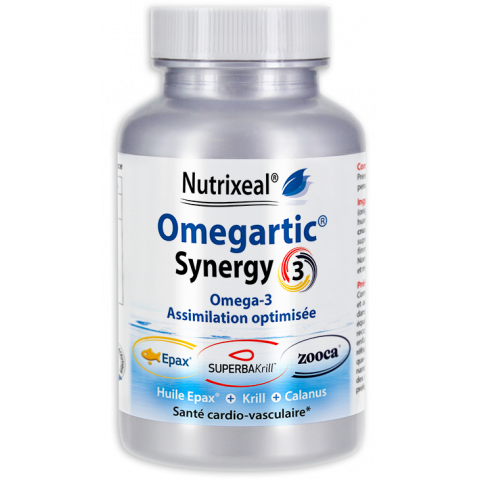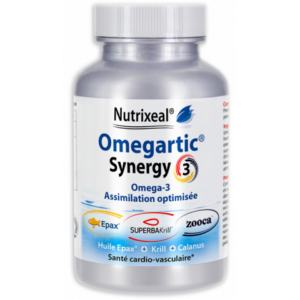Fertility
According to a report commissioned by the Ministry of Solidarity and Health published in early 2022 [1] , 3.3 million French people are affected by infertility issues. More than 1 couple out of 4 trying to have a child would take more than 12 months to trigger a pregnancy, a period corresponding to the definition of infertility according to the WHO.
Infertility has long been considered a female problem but we now know that it has just as many causes in men. A meta-analysis published in 2017 [2], for example, reports a decrease, in less than forty years, of more than 50% in the concentration of spermatozoa in the semen of Western men.
If the increase in infertility observed in recent decades is primarily the result of the delay in the age at childbearing, many other factors, medical but also environmental, are involved in the complex processes of procreation. Tobacco, alcohol, endocrine disruptors, air pollution, etc. are all factors that seem to have a more or less direct impact on the reproductive functions of men and women.
Faced with these various findings, nutraceutical solutions in favor of fertility are gaining in importance, whether they are used as an alternative or in addition to procedures to aid procreation.
Trace element intakes are essential for all of our biological functions, including reproductive health and performance. Certain minerals are particularly highlighted in cases of infertility or simply to stimulate reproductive function ( selenium , zinc , etc.). Certain plants are also particularly famous for stimulating fertility, in particular ashwagandha , tribulus or even ginseng . It should also be noted that antioxidant intake is important in order to limit oxidative stress in the reproductive system.
To learn more, see the section at the bottom of this page.
Product Categories
Showing all 4 results


